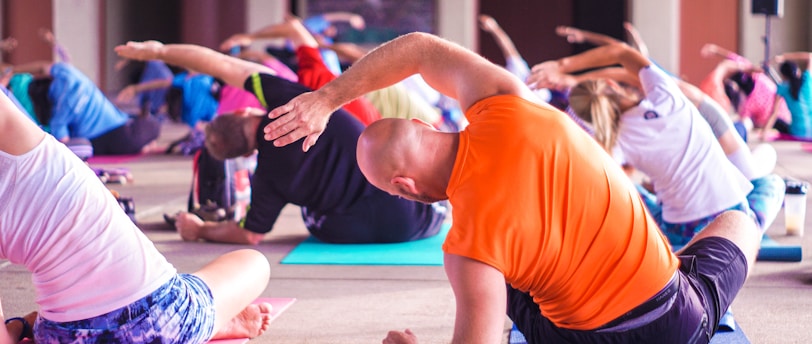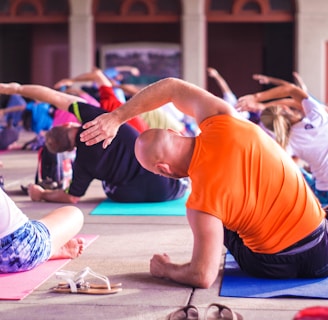Exploring the Relationship Between Exercise and Sleep
Discover the relationship between exercise and sleep and learn strategies for enhancing your sleep quality. Explore the latest research findings and share your own experiences in the comments!
HEALTH AND WELLNESS
Selah Creatives
5/12/20242 min read


Exercise is known for its numerous health benefits, from improving cardiovascular health to boosting mood and reducing stress. But did you know that regular physical activity can also have a profound impact on your sleep quality? In this guide, we'll explore the relationship between exercise and sleep and provide insights into how you can leverage exercise to enhance your rest.
Understanding the Impact of Exercise on Sleep Quality
Promotion of Deep Sleep: Regular exercise has been shown to promote deeper and more restorative sleep. Deep sleep, also known as slow-wave sleep, is essential for physical recovery, memory consolidation, and overall brain health. Engaging in moderate-intensity aerobic exercise, such as walking, cycling, or swimming, can increase the duration and quality of deep sleep stages.
Regulation of Circadian Rhythms: Exercise can help regulate the body's internal clock, known as the circadian rhythm, which plays a crucial role in sleep-wake cycles. By engaging in physical activity at consistent times each day, you can reinforce your circadian rhythms and promote more regular and restful sleep patterns.
Reduction of Stress and Anxiety: Exercise is a powerful stress reliever and mood enhancer, thanks to the release of endorphins, the body's natural feel-good chemicals. By reducing stress and anxiety levels, exercise can help calm the mind and prepare the body for sleep, making it easier to fall asleep and stay asleep throughout the night.
Tips for Incorporating Exercise Into Your Bedtime Routine
Choose the Right Time: While exercise at any time of day can benefit sleep, aim to avoid vigorous activity close to bedtime, as it may energize you and make it harder to wind down. Instead, opt for moderate-intensity exercise earlier in the day or in the late afternoon to reap the sleep-enhancing benefits without disrupting your sleep onset.
Find Activities You Enjoy: To make exercise a sustainable habit, choose activities that you genuinely enjoy and look forward to. Whether it's dancing, yoga, or gardening, finding activities that bring you joy can make it easier to stick to a regular exercise routine and reap the rewards for your sleep.
Prioritize Consistency: Consistency is key when it comes to reaping the sleep benefits of exercise. Aim for at least 150 minutes of moderate-intensity aerobic exercise per week, spread out over several days, to maximize the impact on your sleep quality.
Join the Conversation: Share Your Exercise Tips
Have you experienced the sleep-enhancing benefits of exercise? What types of physical activity do you find most helpful for promoting better sleep? Share your experiences, tips, and questions related to exercise and sleep in the comments below.
In conclusion, exercise plays a vital role in promoting better sleep quality and overall well-being. By incorporating regular physical activity into your daily routine and prioritizing consistency, you can reap the rewards of deeper, more restorative sleep and wake up feeling refreshed and rejuvenated each morning.
Dubai, United Arab Emirates
Disclaimer: Some of the posts on this website may contain affiliate links. This means that if you click on certain links and make a purchase, we may earn a commission at no additional cost to you.
Your support through clicking on these affiliate links helps us to maintain and improve this website for our readers. We genuinely appreciate your support.
